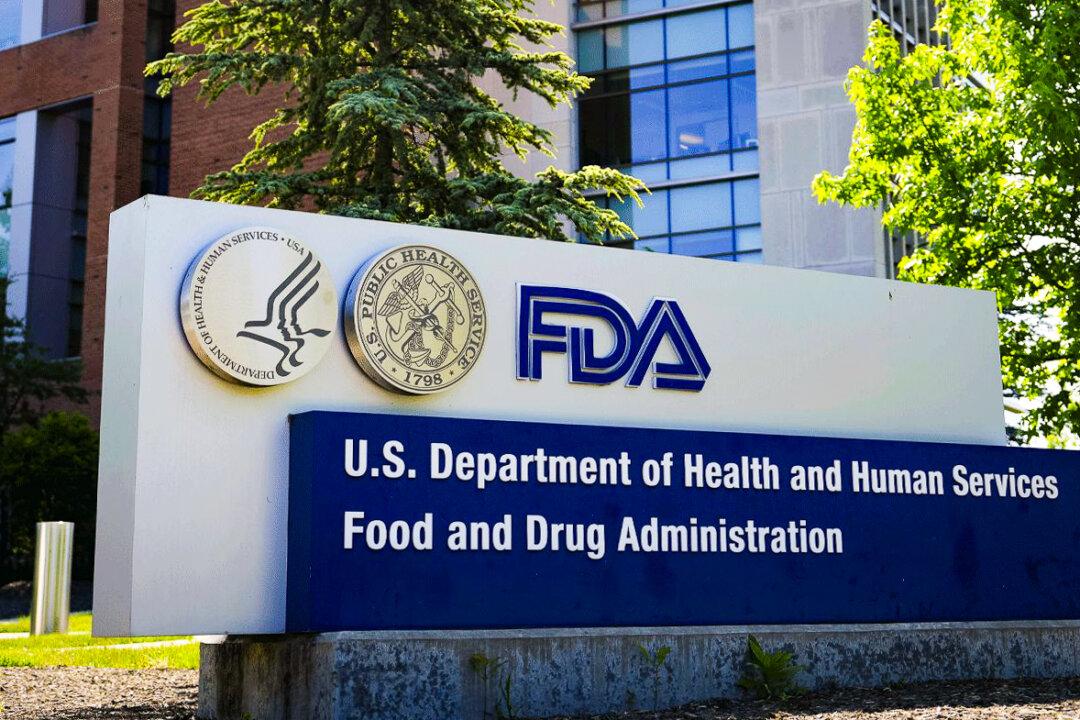The U.S. Food and Drug Administration (FDA) announced in an update this week that previously recalled Philips breathing devices and ventilators used to treat sleep apnea may be linked to hundreds of deaths.
In a statement issued on Jan. 31, the FDA said that since April 2021, it has received more than 116,000 medical device reports (MDRs), including 561 reports of deaths associated with foam breaking down in Philips Respironics ventilators, BiPAP sleep therapy devices, and CPAP machines that were included in a major recall announced in mid-2021.





